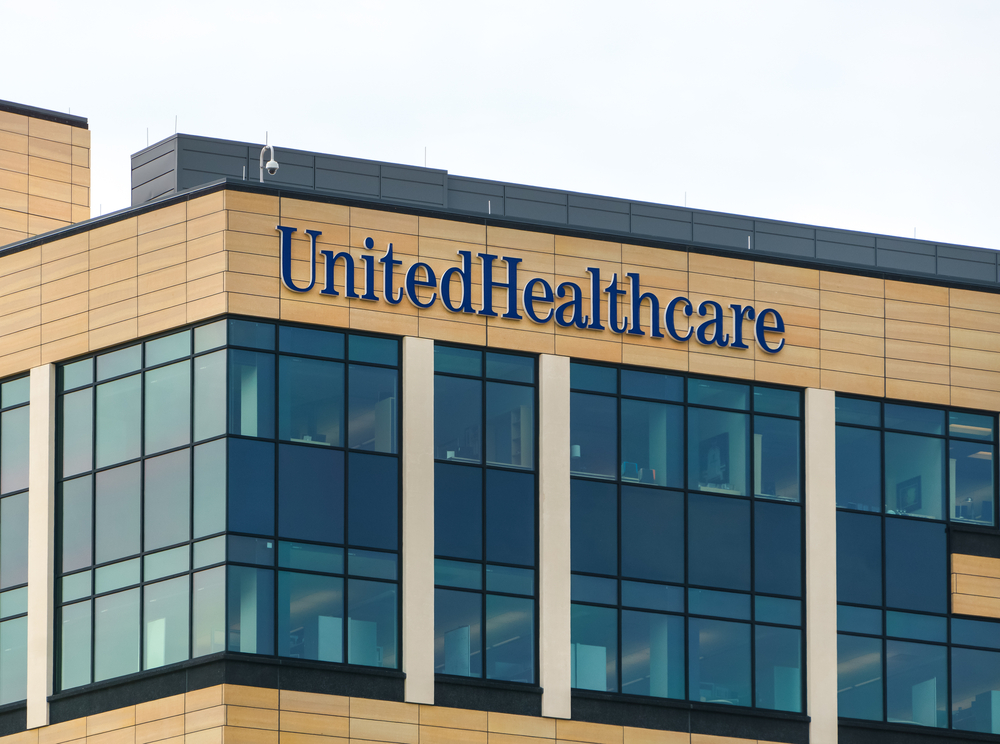
The nation’s biggest health insurer made most of its money in the fourth quarter by selling things other than health insurance.
UnitedHealth Group’s Optum division, which manages prescription drug plans, runs doctor practices and analyzes health care data, generated slightly more of a profit than the company’s traditional business of selling insurance.
Health insurance still brought in most of UnitedHealth’s revenue. But analysts who follow the company see more growth potential in Optum and its array of products focused on cutting costs and improving health care, topics more Americans are concerned with as medical costs rise faster than wages and inflation every year.
“The market opportunity that they are addressing is the entire health care economy,” said Sheryl Skolnick, an analyst for Mizuho Securities USA.
Optum services also include software that helps manage revenue and patient care, and it has started expanding into foreign markets like the United Kingdom. UnitedHealth spent about $12 billion several years ago to bolster Optum’s pharmacy benefits management business, just as demand started increasing for ways to control soaring prescription drug costs.
Optum also employs or contracts with more than 20,000 doctors and runs primary and urgent care centers. Earlier this month, it said it would add a few thousand more physicians by spending $2.3 billion to buy Surgical Care Affiliates, which runs surgery centers.
Company executives told analysts on Tuesday that this deal can help them move more surgeries or procedures that don’t require hospital stays to outpatient centers, where care can be provided for as little as half the cost compared to a hospital.
A health insurer employing doctors and controlling surgery centers may seem like it poses a conflict – insurers work to keep costs down, while health care providers benefit from delivering more care.
But Jefferies analyst David Windley said the market regulates that: If care costs rise, that hurts UnitedHealth’s insurance business, and it may push customers of its surgery centers to seek care elsewhere.
“The ultimate incentive or control on that issue is the outside customer,” Windley said, noting that Optum has become “incredibly important” to UnitedHealth’s growth prospects.
Optum generated $1.8 billion in operating profit, which does not include the impact of taxes and interest expense, on $22.2 billion in revenue, for an operating margin of 8.1 percent. That’s nearly double the 4.6 percent operating margin recorded by the company’s insurance side.
Overall, Minnetonka, Minnesota-based UnitedHealth Group Inc. reported Tuesday that it earned $1.9 billion in the fourth quarter, an increase of 56 percent. Revenue grew 9 percent to $47.52 billion.
On a per-share basis, the company earned $2.11 per share after adjusting to remove the effect of one-time items. Analysts expected, on average, earnings of $2.07 per share, according to Zacks Investment Research.
For 2017, UnitedHealth still expects adjusted earnings ranging from $9.30 to $9.60 per share, a forecast it announced in late November.
Analysts forecast earnings of $9.51 per share, according to FactSet.
UnitedHealth shares fell $2.23 to $159.57 in Tuesday afternoon trading. The stock had jumped 36 percent last year.
Filed Under: Drug Discovery




